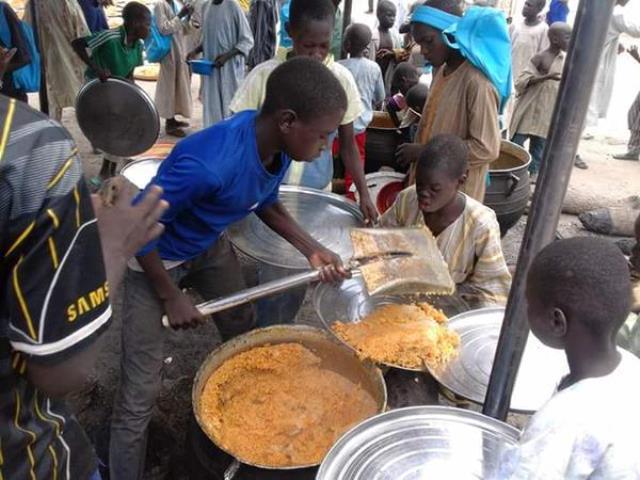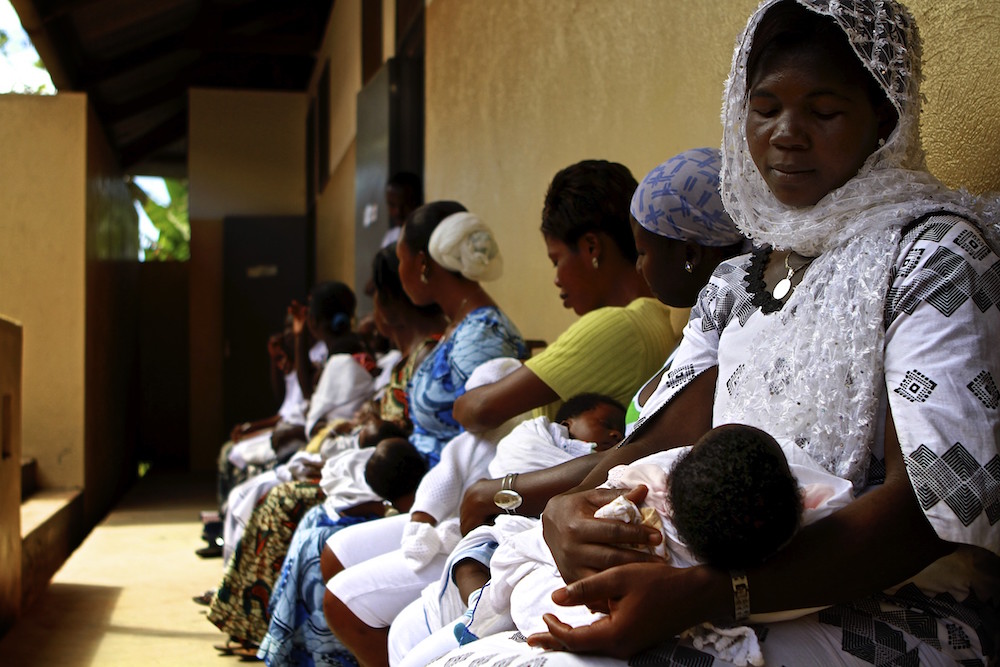
The UN Children’s Fund (UNICEF) warned on Friday that malnutrition, thirst and disease threatened lives of millions of children in Northeast Nigeria, Somalia, South Sudan and Yemen.
Mr Manuel Fontaine, UNICEF Director for Emergency Programmes, said in a statement issued in New York that continued humanitarian action was crucial in saving children’s lives.
Fontaine said the welcome announcement of an end to famine conditions in South Sudan this week should not distract attention from the fact that severe food insecurity continued to put the lives of millions of children at risk in the affected areas.
“There is no room for complacency. While famine has been reversed in South Sudan, the lives of millions of children are still hanging by a thread.
“The crisis is far from over and we must continue to scale up our response and insist on unconditional humanitarian access, otherwise the progress made could rapidly be undone,” Fontaine said.
The UNICEF official said in all the three countries and part of Nigeria, the situation continued to be of the highest concern and the number of children at imminent risk of death remained alarming.
“In north-east Nigeria, Boko Haram violence continues to contribute to large-scale population displacement, limit market activity and restrict normal livelihoods.
“Around 5.2 million people remain severely food insecure, with 450,000 children expected to suffer from severe acute malnutrition this year.
“The start of the rainy season will further complicate the humanitarian response, with deteriorating road conditions and flooding making populations harder to reach, and raising the risk of water-borne diseases,” he said.
Beyond these, food, water and health crises are endangering hundreds of thousands of children across the Greater Horn of Africa, the Lake Chad Basin and the Sahel, he said.
In 2017, UNICEF is working with partners to provide therapeutic and life-saving food treatment to over 314,000 severely malnourished children in Nigeria, over 200,000 severely malnourished children in South Sudan, more than 200,000 severely malnourished children in Somalia, and 320,000 children in Yemen.
UNICEF is also restoring and equipping health facilities, developing medical and nutritional supply pipelines and providing clean and safe water to vulnerable children and families.
In Somalia, 1.8 million people had been reached with safe water, and in Nigeria over 2.6 million people will be reached with a basic supply of clean water this year, UNICEF said.
In Nigeria, Somalia, South Sudan and Yemen UNICEF requires 251 million dollars to provide children with food, water, health, education and protection services until the end of the year.











